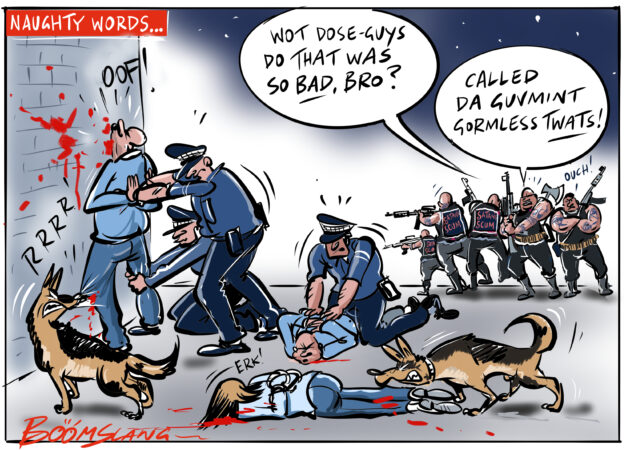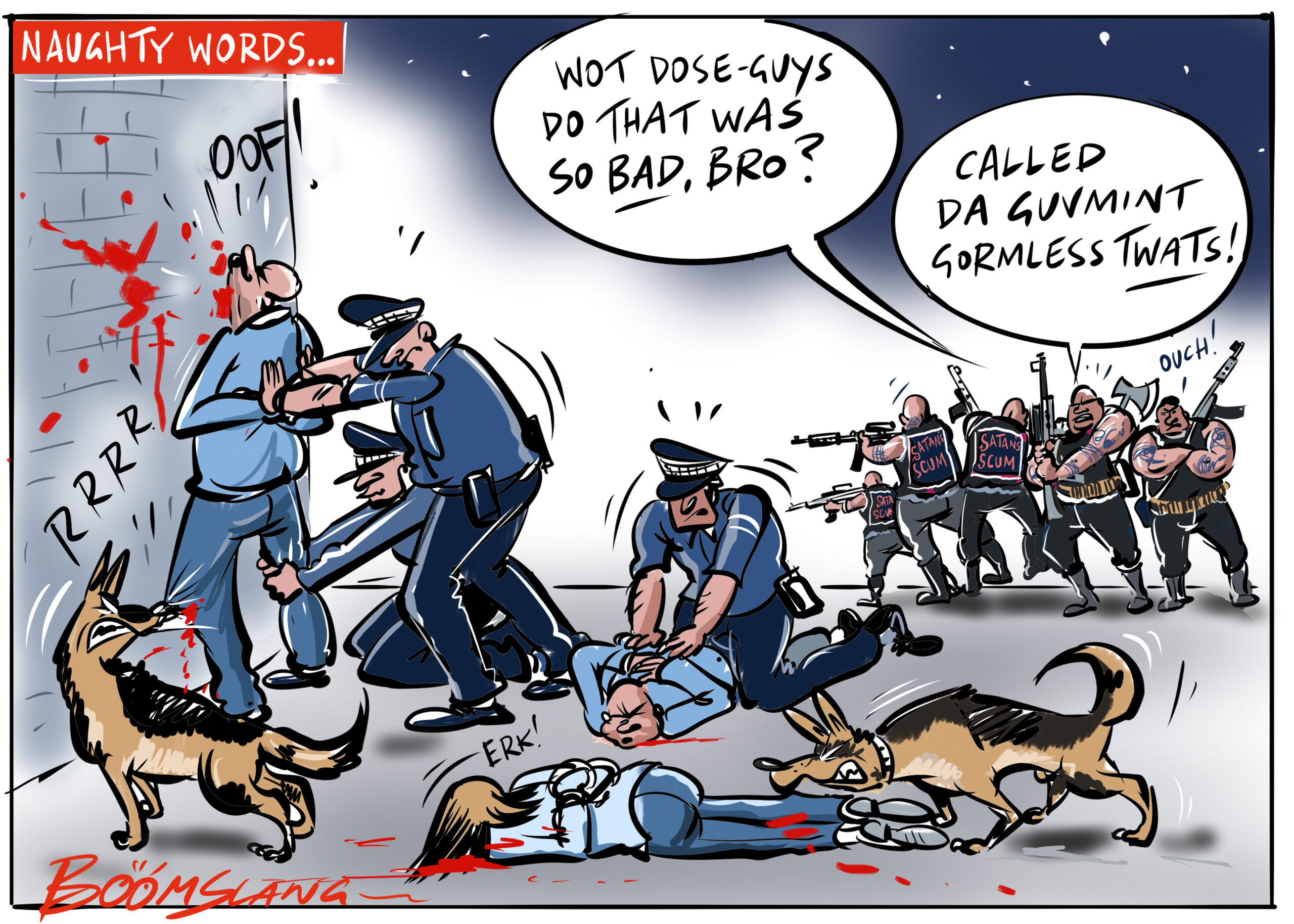Some of the apologists for Labour’s proposed hate speech laws place a lot of reliance on the threshold for a conviction being high – you need to prove beyond reasonable doubt an intent to incite hatred.
It is true the proposed threshold for conviction is high. It is unlikely scores of New Zealanders will be going to jail under the proposed laws. But that misses a key point. It is about the chilling effect of expanding hate speech laws from the narrow grounds of race to religion, gender identity, political opinion and more.
We already live in a society where you have mobs (mainly on social media) who hunt down people whose speech they object to. They already try (often successfully) to have the following happen:
- Employers sacking you for your comments
- Publishers dropping you
- Social media banning you
- Advertiser boycotts
- Venues cancelling bookings
- Campuses banning you
- Media stories on you
- Complaints to regulators
- Complaints to media who quote you
Now what the government wants to do is hand the mob another weapon to use against you – a Police complaint with potential prosecution, conviction and prison.
The mob won’t care whether your comments meet the threshold for conviction. A conviction is just the cherry on top. They want to silence you and will use this law as a weapon.
Let’s say you hold a conservative view on a social issue. You might think homosexuality is a sin. You might think race-based seats are a bad idea. You might think someone’s biological sex rather than gender identity should be used for sports teams. You might even merely put beep/bop/boop sarcastically as your preferred pronouns.
There will be a large group of people who will want to punish you for that. They will regard your comments as making it unsafe for a particular group. They will think your comments are hateful and, of course, meet the threshold for hate speech laws.
The first impact on you will be knowing the mob out there can now try and get you prosecuted. That in itself will deter many from expressing a view on a controversial political issue, even on bills before Parliament.
The next impact will be when the mob complain to the Police. They won’t do this quietly. They’ll do this publicly on social media. You will see dozens or scores of people tweet and publish how they have complained to the Police and they will encourage others to do the same. So you will know that there are now scores of complaints about you with the Police. For people with anxiety issues, that will weigh heavily on mental health.

Then you will have the Police investigation. If the Police receive 50 complaints about your speech, it is unlikely they will conclude there is no issue there. It won’t be a senior lawyer at Crown Law weighing up the Bill of Rights Act against the complaints. It will be a cop saying, “I have all these people upset at what this person said. I’d better investigate it.” So more often than not, there will be a Police investigation.
The proposed law talks about intent, so invariably the Police will need to interview you about your intent. This means that your comment on Twitter or your blog (or letter to the editor) has now resulted in a Police interview. You’ll be wondering about whether or not to hire a lawyer around now. You’ll probably be concluding that in future it would be better to say nothing than have to go through all this.
After or during your Police interview the police officer may give you a warning (as happened in the UK) that they will not prosecute this time, but if there are future complaints they will reconsider. You may not find out for weeks if you will be prosecuted or not.
Then even if they decide not to prosecute, you will have a Police record of the investigation and/or warning. If you are a public figure you may end up over a couple of years with numerous investigations, or that will be noted on your Police file. And think about if you ever apply for a job where the employer gets a Police check. They’ll be told “Look we’ve never prosecuted him or her, but I can share that there have been multiple investigations into them”. Also Google will have recorded all the complaints from the mob against you, so anyone googling your name will see you have been the subject of Police complaints.
And then the worst case scenario. The Police decide they will prosecute you. Their chance of a conviction is very very low, but they are under pressure to show empathy for the group complaining about you. If they don’t prosecute you they may lose their rainbow tick. Best strategy is to do what they do in many cases and say “We’ll let the jury decide, even though we doubt we’ll get a conviction”. So you now have to spend tens of thousands on a lawyer, and have a trial just so they can find you not guilty.
This is not a far fetched scenario. In the UK we have seen:
- An evangelist convicted for a sign saying “Jesus Gives Peace, Jesus is Alive, Stop Immorality, Stop Homosexuality, Stop Lesbianism, Jesus is Lord”
- An arrest in Wales for a pamphlet that said same sex activity is sinful
- An atheist was convicted for antireligious cartoons after a chaplain complained about them. The cartoons were the Pope with a condom on his finger and an Islamic suicide bomber being told to stop as they had run out of virgins.
- A preacher arrested for saying homosexual conduct is sinful
- A You Tube comedian fined for a video showing his dog doing a Nazi salute when “Sieg Heil” is said.
- A 19 year old with Aspergers convicted (won appeal) for quoting a Snap Dogg song on Instagram which used the N word.
- UK Police have recorded more than 2,000 children (aged under 16) as having committed a non-crime hate incident and 118,000 adults are also recorded for the same.
Labour’s proposed law will bring this to New Zealand. Hate speech complaints to the Police will be incentivised and become a routine tactic to suppress speech people disagree with. The fact that you probably won’t go to jail for it, will be of little comfort.

